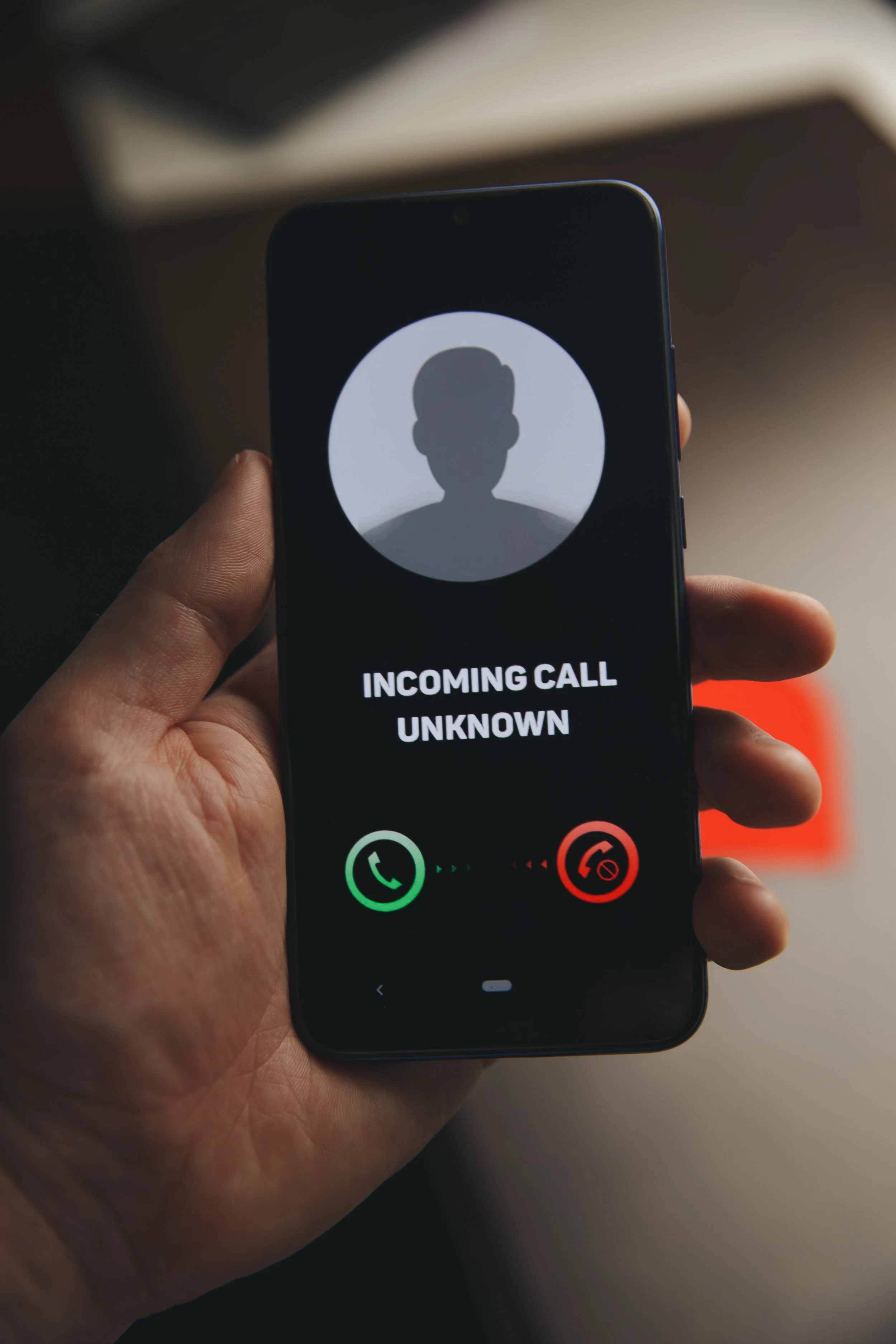Gmail Hack? Did It Really Happen?
You may have head this week in the headlines like “Massive Gmail Hack!”. That sounds scary and you may have felt concerned or somewhat confused. Some outlets, including Mashable have reported warnings of phishing campaigns and breaches tied to Gmail. But was that the problem?
Gmail Wasn’t Hacked Apparently
Despite the headlines, Google has confirmed according to a Google blog updated August 28 2025, that Gmail itself was not breached. There was no “hack” of 2.5 billion Gmail accounts and were apparently false.
What Really Happened
So, the attackers apparently compromised third-party integrations connected to Google Workspace and Salesforce, specifically apps like Salesloft and Drift. Meaning, the problem came from apps that connect to Gmail, like Salesloft and Drift. These apps use special keys to talk to Gmail.
These integrations use OAuth tokens, and once those were stolen, criminals could access certain metadata and launch targeted phishing and vishing campaings.
OAuth tokens means a digital key. Instead of giving an app your password, you give it a token. That token lets the app access your Gmail or Google data safely.
So, while Gmail itself stayed secure, the attackers gained just enough business data to make their scams more convincing.
The Real Risk: Phishing and Vishing
It is claimed, armed with stolen contact details, attackers are impersonating Google, IT staff, and even spoofing phone numbers to trick people into handing over credentials.
Phishing - Fake emails that look real but are traps to steal your information. Like an email that looks like it’s from Google, asking you to click a link and log in.
Vishing - Fake phone calls (Voice plus phishing). Like someone calls, pretending to be Google support, and asks for your password.
So the real ris is hackers pretentding to be someone you trust.
How to Stay Safe
Here’s a few simple tips on how to protect yourself and your organisation:
Turn on Two Factor Authentication (2FA) or switch to passkeys.
Check your connected apps in Google and remove anything you don’t use or trust.
Do a Google’s Security Checkup to see if anyting looks strange.
Be skeptical of urgent emails or calls. Google will never ask for your password over the phone.
The Bigger Lesson
If the sources are correct about Gmail wasn’t hacked. This is a great reminder that hackers at the end of the day are clever. Security doesn’t just stop at your inbox, it extends to every tool that you use in your organisation that supports the delivery of service or products and integrations connected to it. Sometimes, the weakest link is the third-party provider sitting quietly in the background.
So don’t panic. Stay alert, know the signs of phishing and vishing, keep your digital “keys’ safe, and be a little more suspicious of what shows up in your inbox or on your phone screen.


